Why Schools Must Build A Virtualized Ecosystem
Keeping your school’s infrastructure up to date is about more than investing in powerful computers: now that the global health crisis has forced schools to rely more and more on technology in order to implement first distance learning and then blended learning, teachers and students in many countries are being faced with the flaws in their ecosystems.
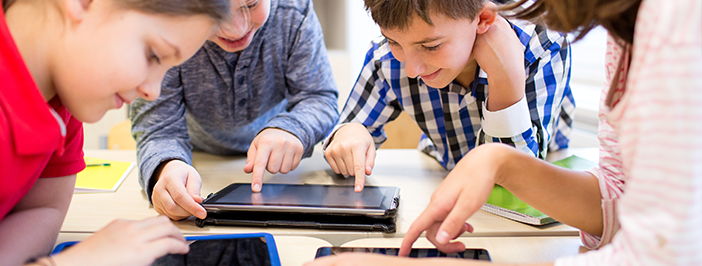
Not all schools were prepared for this sudden transition, and many have learnt by experience that even equipping the campus with the latest devices is not enough to claim that your institution can boast state-of-the-art educational technology—what if the campus itself becomes inaccessible?
- 0 Comments
- Jun 29, 2020 10:00:00 AM
- Posted by Natalia Galvis
- Topics: STEM, Coding, students, Edchat, online, virtual learning, distance learning
The Many Benefits of STEM Education
If you’re concerned that STEM is taking up too much classroom time, consider this: STEM permeates the curriculum in ways subjects taught in isolation can’t. STEM also teaches the skills students need for success beyond their formal education.
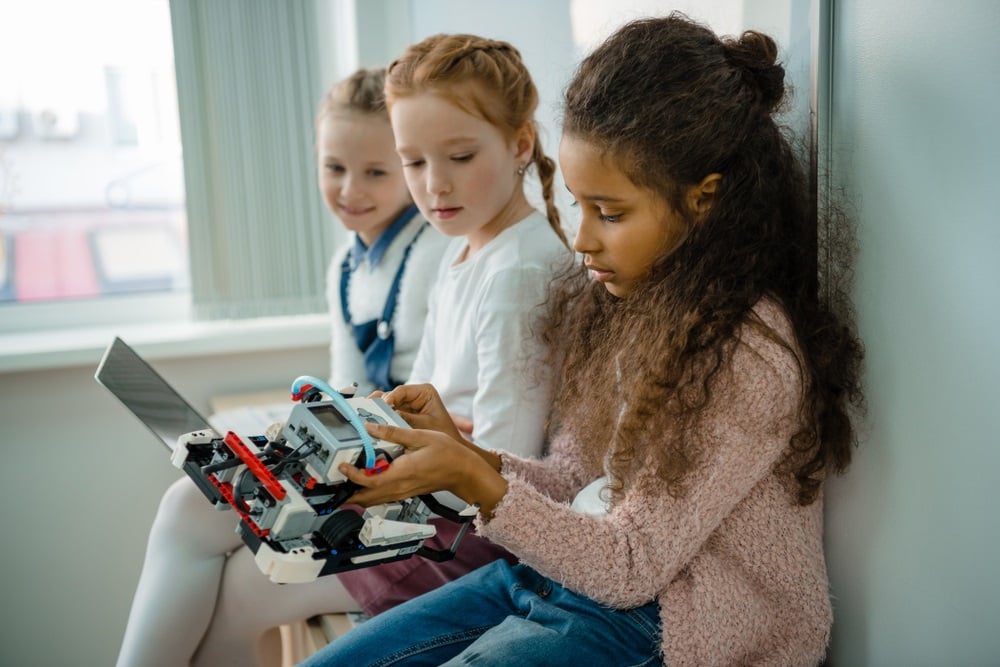
Teachers know that they have to take advantage of every minute of instructional time they can get with students. STEM programs, with their integrated lessons, seem to usurp a considerable amount of instructional time. That can lead to arguments about pulling kids away from traditional subjects like science and math.
However, STEM offers students experiences they can’t get in traditional classrooms. STEM integrates learning through interdisciplinary studies. It affords the application of 21st-century learning skills. And finally, STEM teaches resilience.
- 1 Comments
- Jun 26, 2020 10:00:00 AM
- Posted by Natalia Galvis
- Topics: STEM, Coding, students, Edchat, online, distance learning
7 Takeaways From Our Experiences With Distance Learning
By putting people first and remaining flexible, administrators may be in a position to handle whatever comes next year.
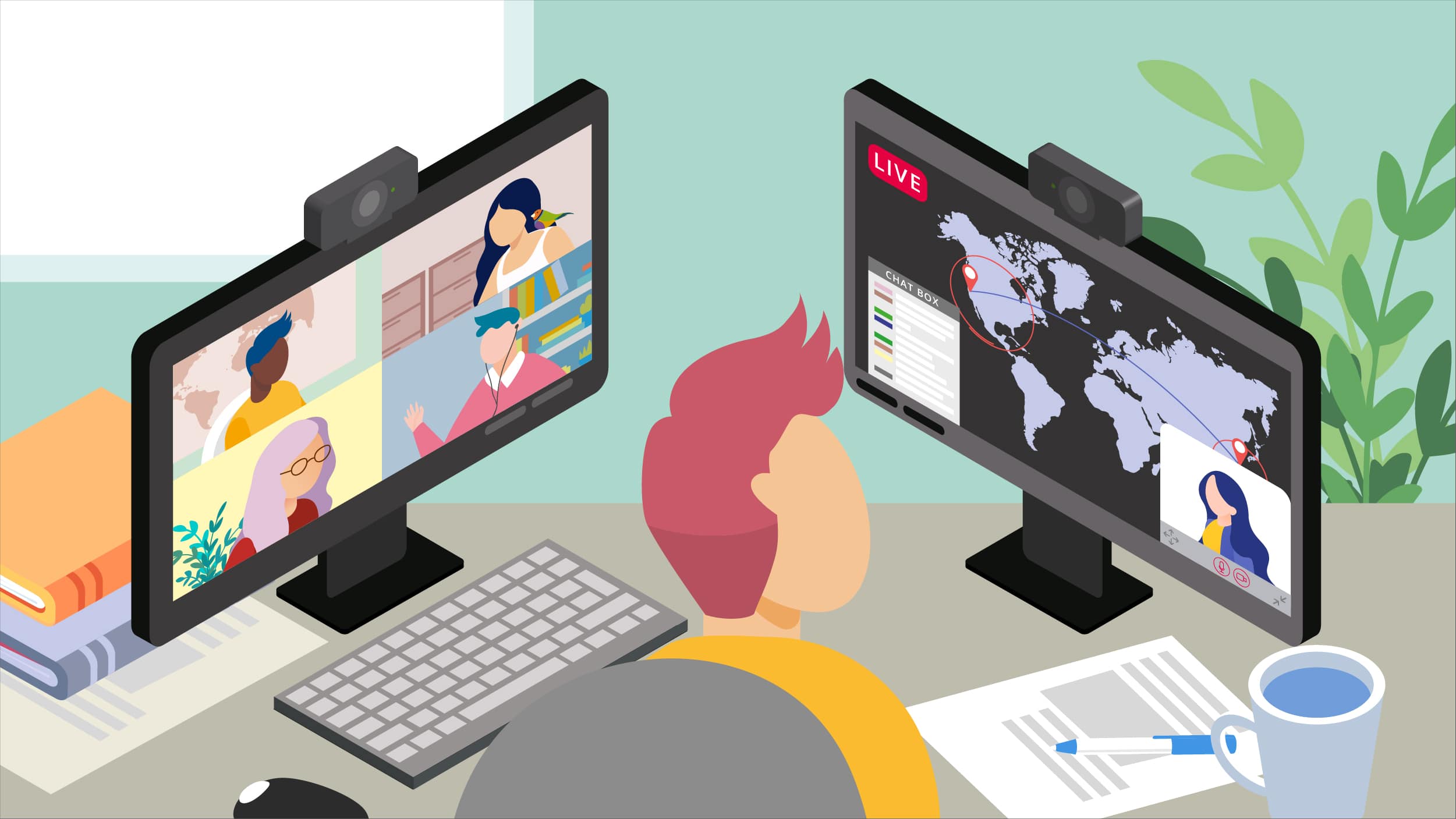
- 0 Comments
- Jun 25, 2020 10:00:00 AM
- Posted by Natalia Galvis
- Topics: students, Edchat, online, distance learning
Italian Airport Deploys Robots to Protect Against Contaminants
The Milan Malpensa International Airport in Italy is a major airport that welcomes over 20 million passengers each year. Their customers' safety is crucial, especially in these unprecedented times. To help protect travelers from contaminants such as COVID-19, they've decided to implement Connor UVC robot to systematically disinfect the Airport to help prevent the virus from spreading.
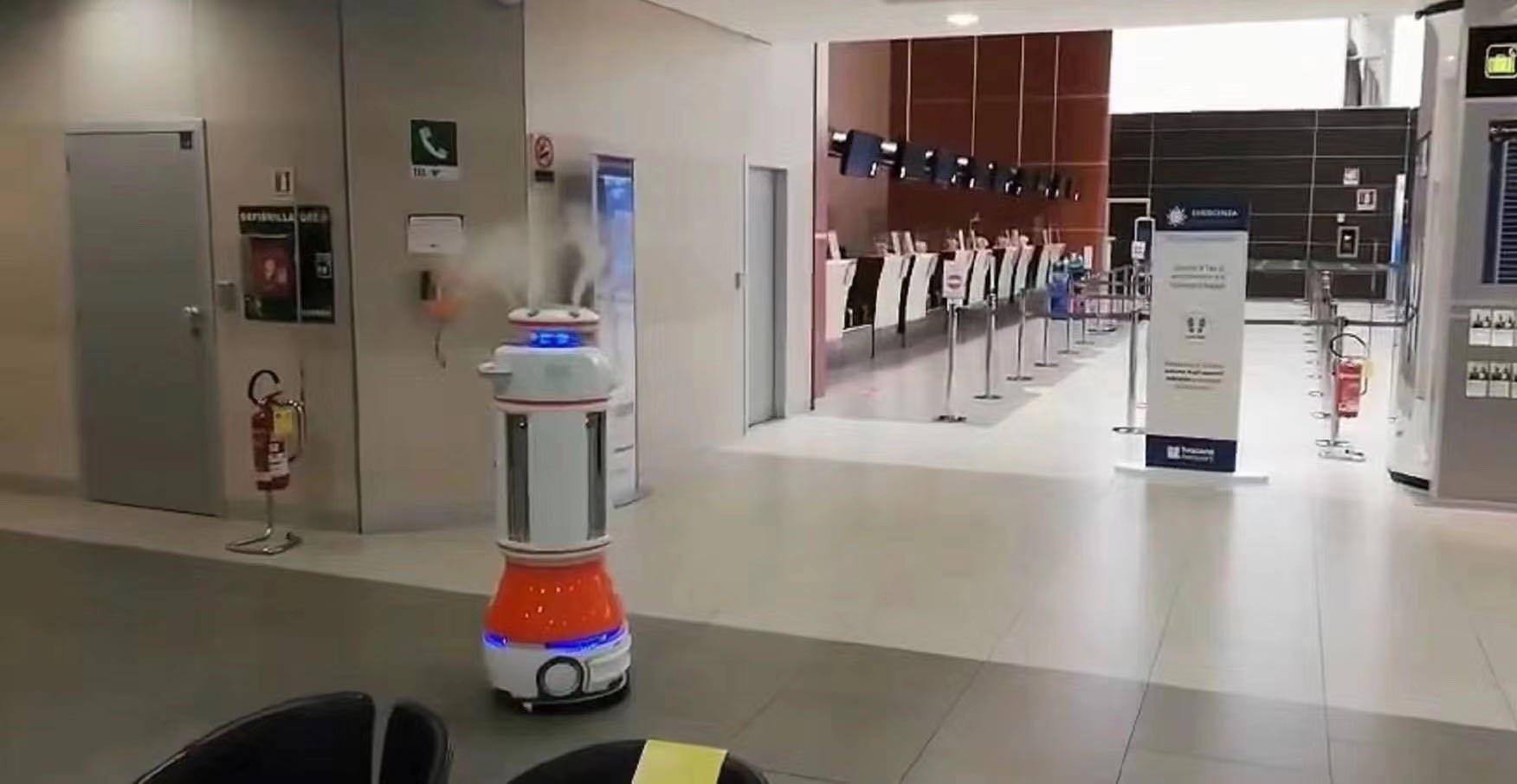
The Milan Malpensa Airport is the first Airport in Italy to deploy robots to clean and disinfect airport terminals. The Connor UVC Robots have already been tested and are actively at work targeting bacteria that are both in the air and on surfaces.
- 0 Comments
- Jun 24, 2020 10:00:00 AM
- Posted by Natalia Galvis
- Topics: Robotics, EdTech, STEM, Coding, Robots,, students, programming, STEMchat, Edchat, AI, disinfection robots
The Future Still Lies in Coding
Coding is enormous in education right now.
No wonder. Coding offers so many academic benefits that schools cannot ignore its significance. Sequential processes, computational thinking, and creative problem-solving all make up coding. It’s the new literacy in schools. There’s so much to like about coding that coding academies and boot camps are springing up everywhere.

- 0 Comments
- Jun 23, 2020 10:00:00 AM
- Posted by Natalia Galvis
- Topics: Robotics, EdTech, STEM, Coding, students, programming, STEMchat, Edchat, AI
STEM, Coding, and Robotics summer ideas!
As calendar days tick by, summer are right around the corner. And with more sunshine and better conditions in sight, that means outdoor activities and camps are on the horizon.
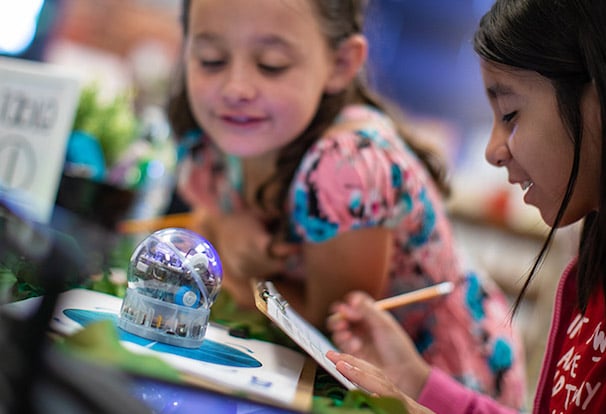
- 0 Comments
- Jun 19, 2020 10:00:00 AM
7 Roles for Artificial Intelligence in Education
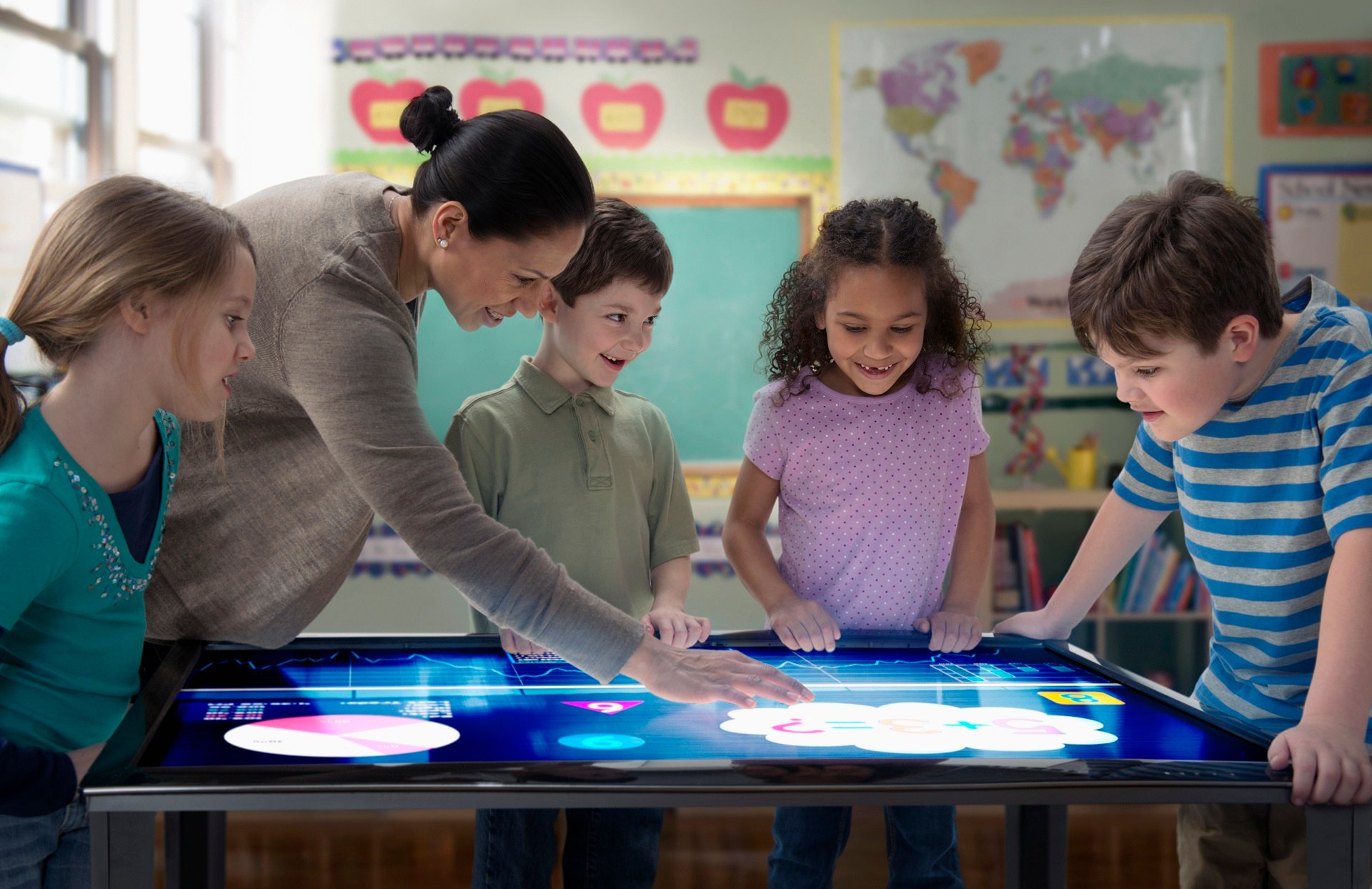
Artificial Intelligence is no longer just contained in science fiction films. It is increasingly becoming a significant part of our everyday lives. We already use tools like Siri and Amazon’s Alexa and are just beginning to see the possibilities of AI in education. And, we should expect to see more. The Artificial Intelligence Market in the US Education Sector 2017-2021 report suggests that experts expect AI in education to grow by “47.50% during the period 2017-2021.”
With the expected growth of AI in education, here is a glimpse into some of the roles it will play in the classroom.
- 0 Comments
- Jun 18, 2020 10:00:00 AM
- Posted by Natalia Galvis
- Topics: Robotics, EdTech, STEM, Artificial Intelligence, students, STEMchat, Edchat, AI, remote learning
How Teachers Can Support PBL at Home
Tips and projects that teachers can share with parents and caregivers to guide children in any grade through project-based learning—with or without technology.
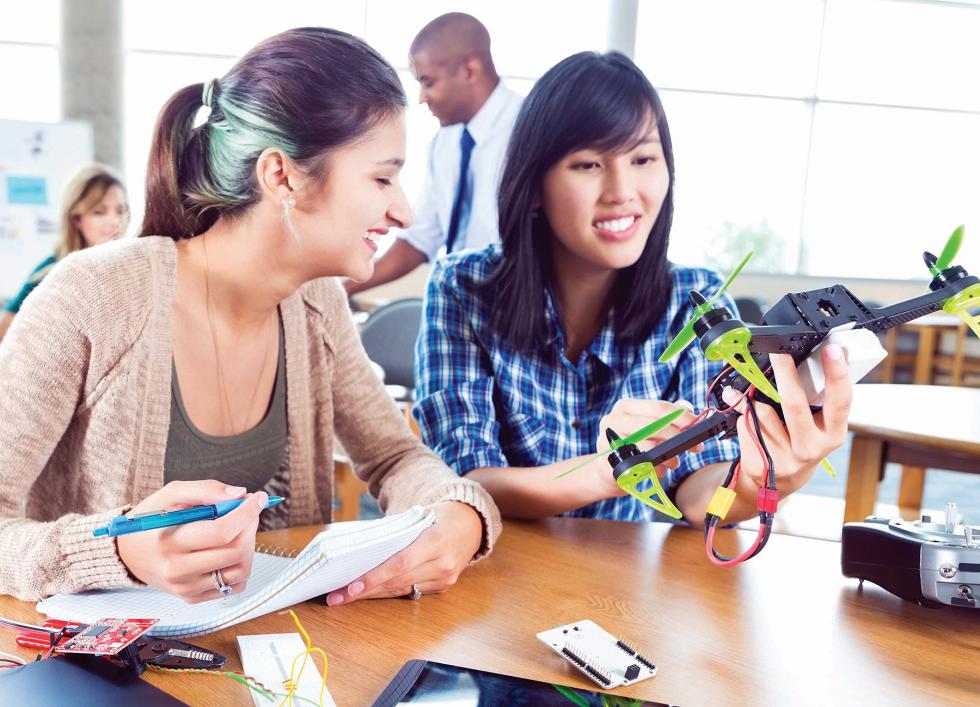
- 0 Comments
- Jun 17, 2020 10:00:00 AM
- Posted by Natalia Galvis
- Topics: Robotics, EdTech, STEM, Project Based Learning, students, STEMchat, PBL, Edchat, remote learning
It’s time to set up a Blended Learning classroom
Distance learning has left a mark on schools worldwide. Even now that educators are getting ready for a gradual reopening, it is clear that they will not allow the efforts made to adapt to the crisis to go to waste: the next phase of the plan for the return to a new normal is blended learning, and it just might be here to stay.
But this combination of distance and in-person learning may leave some teachers unprepared, so let’s take a look at what to expect.

- 0 Comments
- Jun 16, 2020 10:00:00 AM
- Posted by Natalia Galvis
- Topics: Robotics, Summer School, EdTech, STEM, students, programming, STEMchat, summer, Edchat, remote learning, distance learning
How COVID-19 Provides Learning Opportunities for STEM Students
It's easy to see the coronavirus pandemic solely as a devastating event. There's no denying the hardships caused, but silver linings exist, too. For example, STEM learning is now more diverse and full of real-world activities.
Science, technology, engineering and math students have plenty of evidence of why these subjects matter and can even use their skills to positively influence the pandemic's effects. Here are five examples:
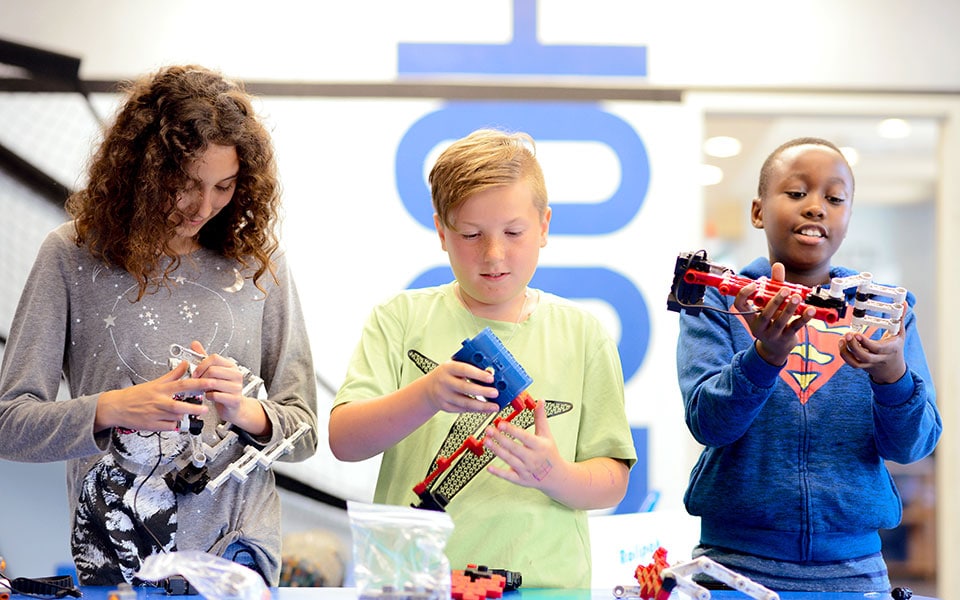
- 0 Comments
- Jun 15, 2020 10:00:00 AM
- Posted by Natalia Galvis
- Topics: Robotics, Summer School, EdTech, STEM, students, programming, STEMchat, summer, Edchat
Relevant Posts
Popular Posts
Subscribe to Email Updates
-
I Want To Learn MoreADDITIONAL INFORMATION


